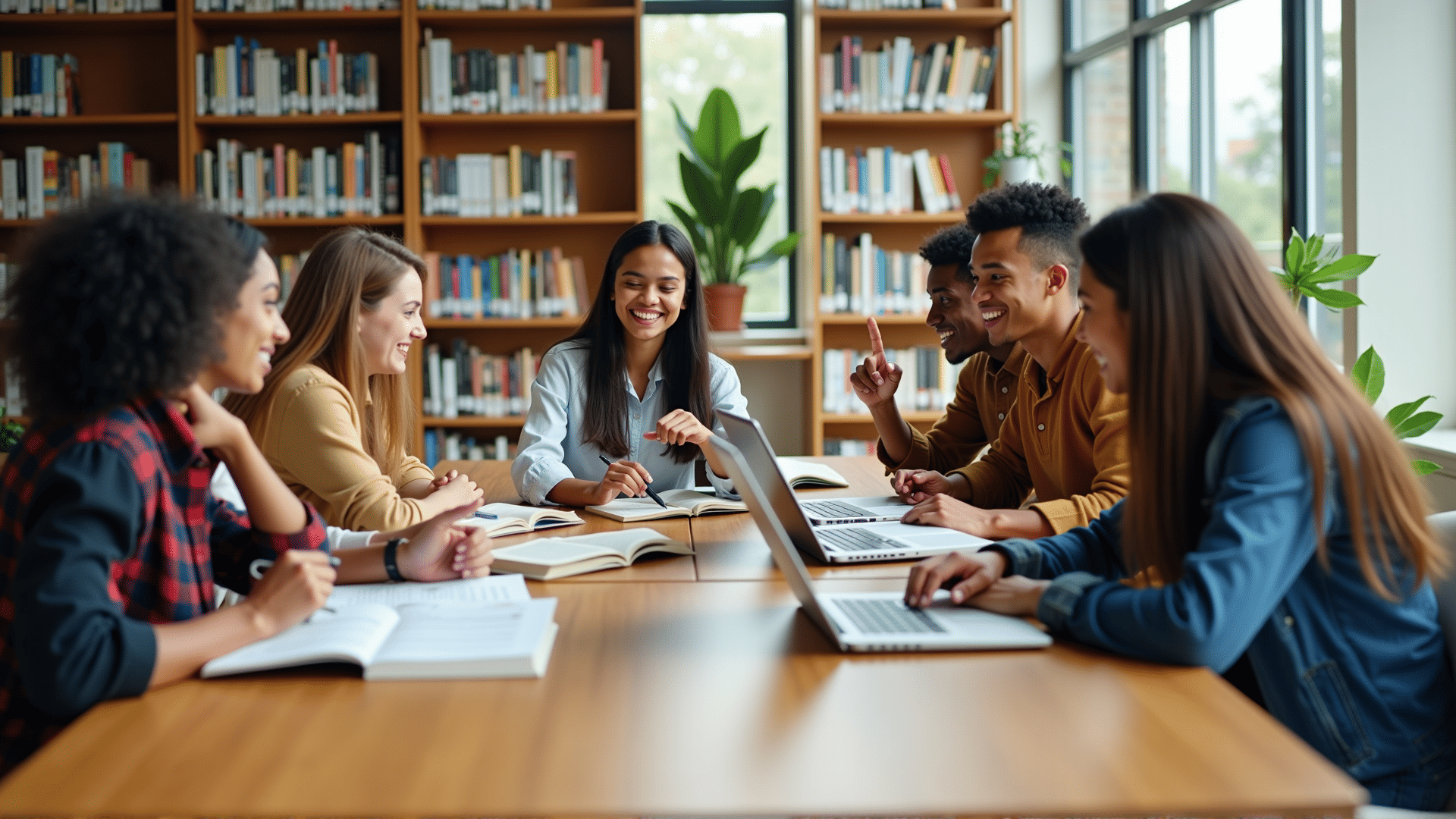In today's rapidly evolving world, enhancing your educational journey goes beyond traditional classroom methods. Employing efficient strategies can significantly uplift your learning experience, making it more fulfilling and productive. Let's delve into some of these best practices.
Active Engagement in Learning
One of the most effective techniques to improve your educational experience is to be actively engaged with the material. Instead of passively reading texts or listening to lectures, try to interact with the content. This can be done through discussion groups, debates, or even teaching the material to someone else. Teaching is an excellent method to reinforce your understanding, as it requires you to articulate your thoughts and comprehend the subject deeply.
Utilize Technology Wisely
The digital age offers an abundance of tools that can assist in learning. Online platforms, educational apps, and interactive simulations provide diverse ways to understand complex concepts. For instance, platforms offering virtual labs allow science students to engage in experiments without physical constraints. Remember to choose resources that suit your learning style and can complement, not replace, traditional learning methods.
Set Clear Goals and Monitor Progress
Establishing specific, achievable goals can serve as motivation and direct your focus. Whether it's mastering a particular topic or acquiring a new skill, clear objectives provide a roadmap for your educational journey. Equally important is tracking your progress. Regularly assess what you’ve learned through self-tests or feedback from educators to stay on course and make necessary adjustments.
Cultivate Critical Thinking
Critical thinking is a cornerstone of effective learning. This involves questioning assumptions, evaluating evidence, and synthesizing information from various sources. Approaching problems with an analytical mindset can lead to deeper understanding and innovations, particularly in subjects requiring problem-solving skills.
Practice Reflective Learning
After completing lessons or assignments, take time to reflect on what you’ve learned. Reflective learning involves considering the methods used and understanding the outcomes achieved. This introspection can reveal your strengths and highlight areas needing improvement, ultimately leading to more efficient study habits.
Create a Conducive Learning Environment
The environment in which you study plays a significant role in your ability to focus and absorb information. Ensure that your study space is organized, quiet, and free from distractions. Personalizing your environment to suit your preferences can also enhance comfort and concentration.
Balance Study and Relaxation
Avoid the trap of intensive, marathon study sessions. Taking breaks is essential to refresh your mind and boost productivity. Techniques such as the Pomodoro Technique, which involves studying for 25 minutes followed by a five-minute break, can maintain high levels of concentration while preventing burnout.
In conclusion, improving your educational experience is a continuous process involving various techniques. By staying actively engaged, utilizing technology, setting clear goals, and fostering an environment conducive to learning, you can make significant strides in your educational pursuits. Remember that the ultimate aim of education is not just knowledge acquisition but also personal growth and lifelong learning.
